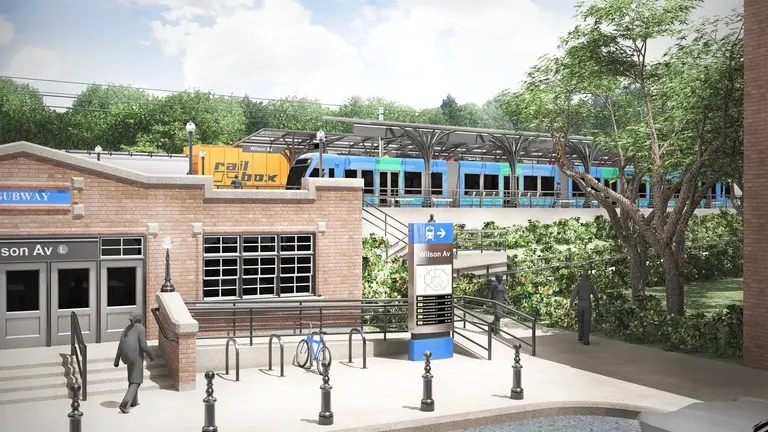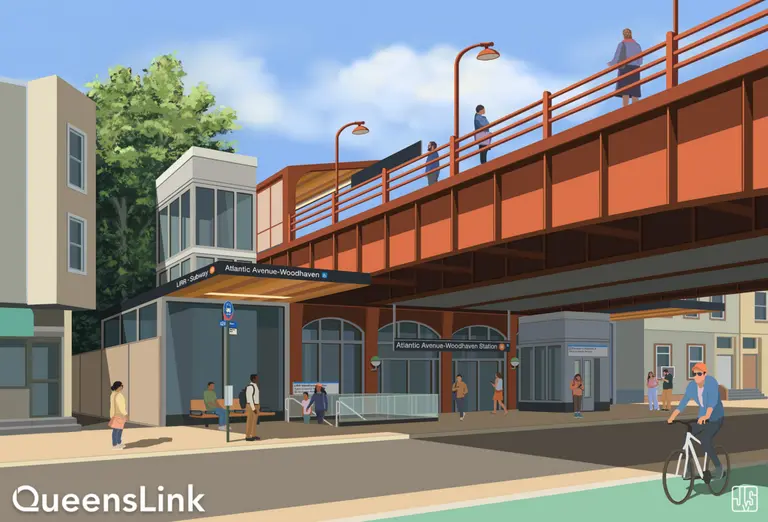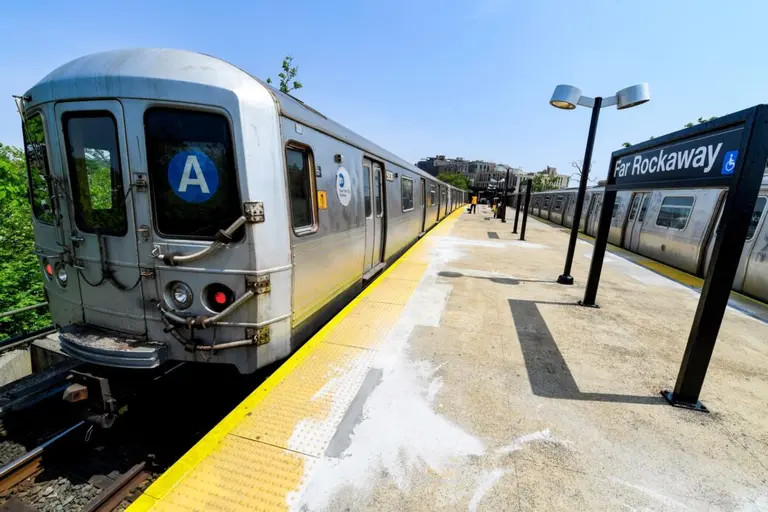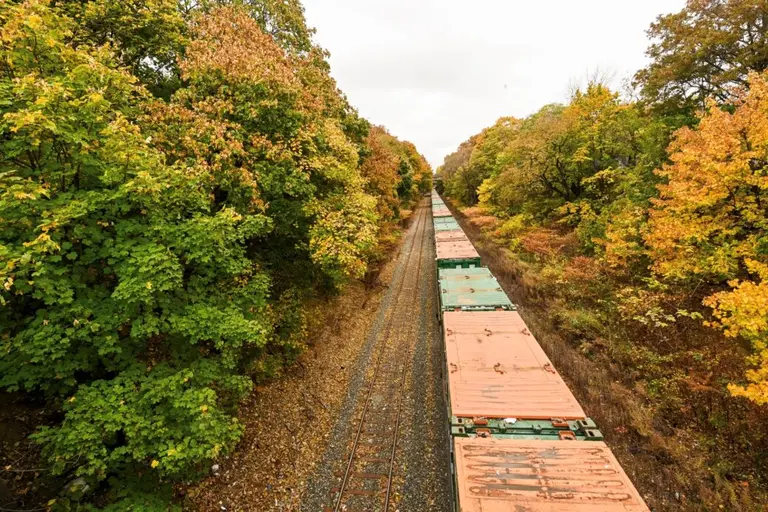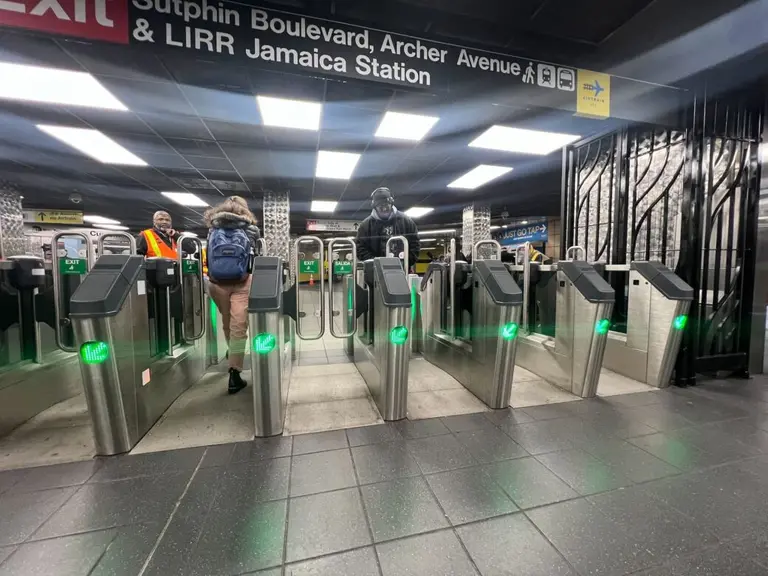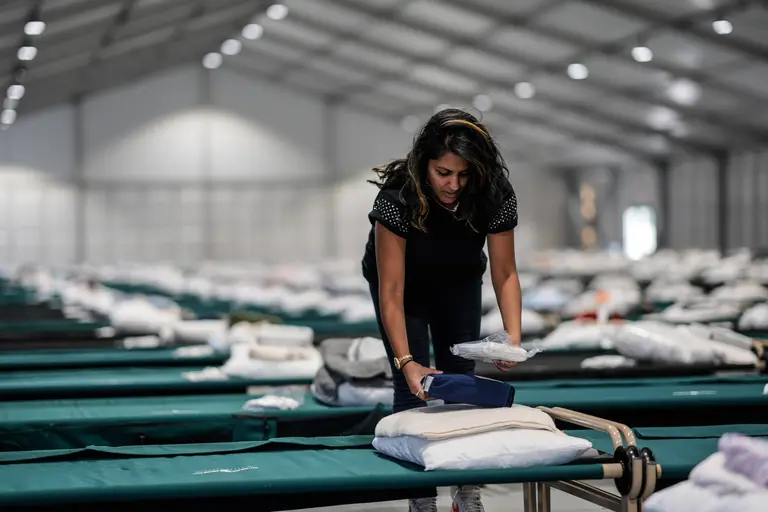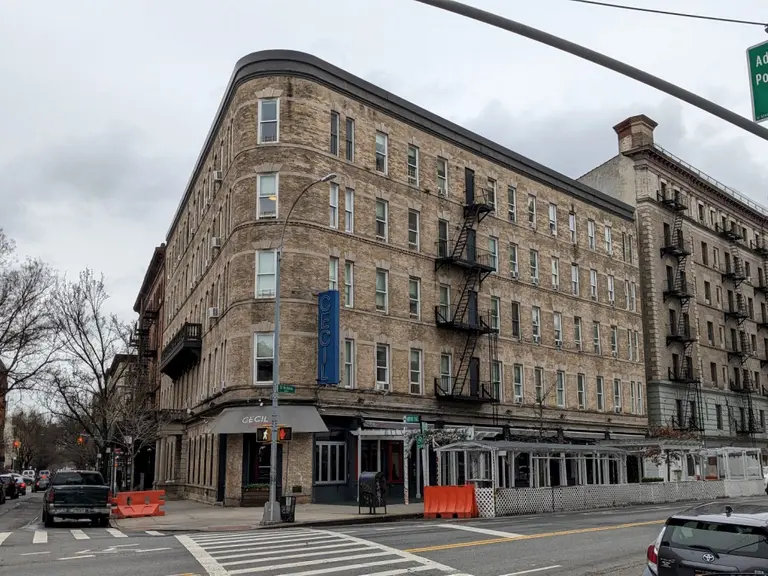NYC to provide every home in Queens with weekly curbside composting
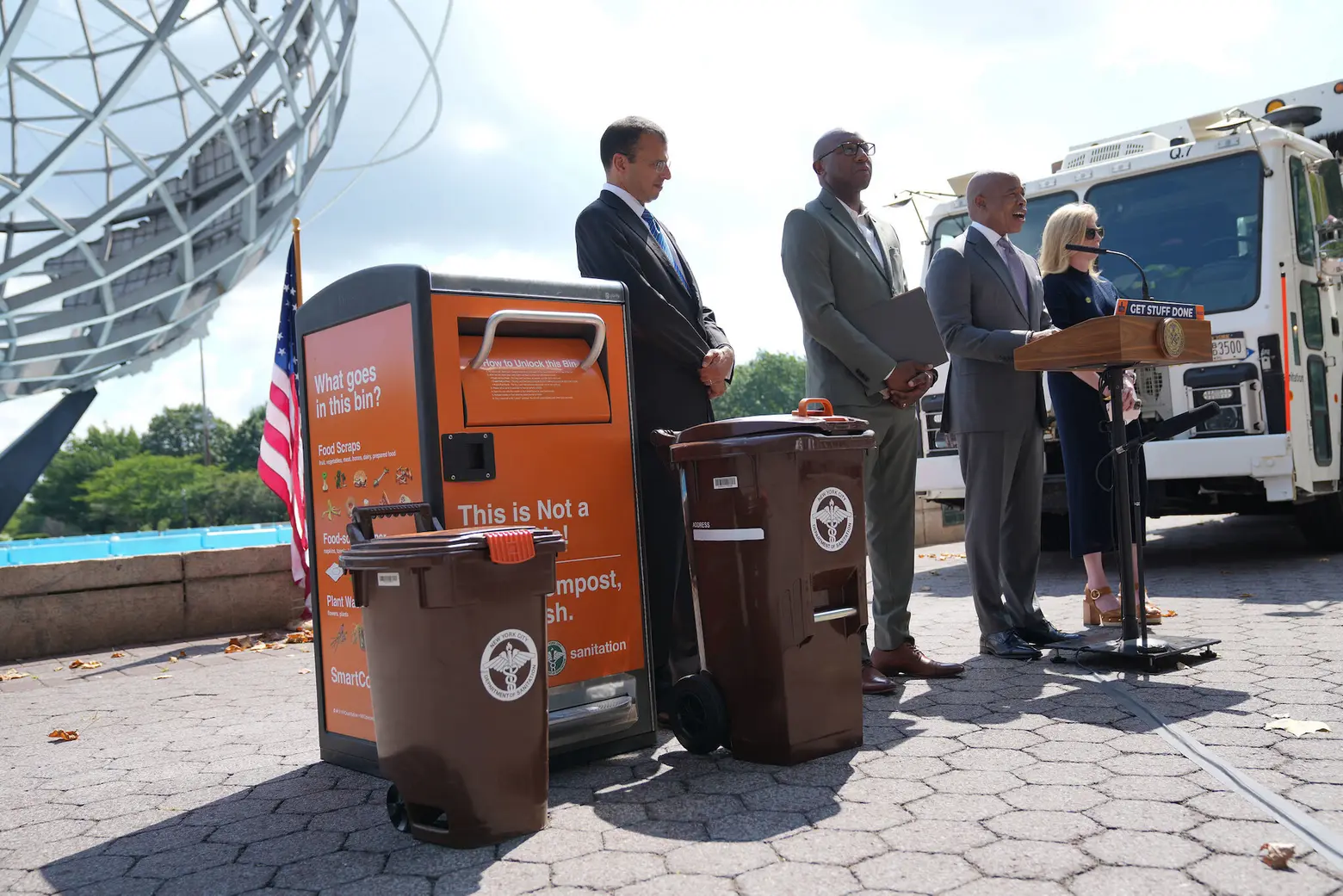
Photo courtesy of Michael Appleton/Mayoral Photography Office on Flickr
After previous failed attempts at an effective compost program in New York City, Mayor Eric Adams on Monday announced a new “no frills” system aimed at making it easy and less costly for New Yorkers to dispose of food and yard waste. Under the new program, the city’s Department of Sanitation will collect compost and organic waste from every residential building in Queens starting on October 3. New Yorkers can put any food waste, yard waste, and food-soiled paper in a Sanitation compost bin to be picked up weekly. According to the mayor, the program, which will be available to 2.2 million New Yorkers, is the largest curbside composting program in the country.
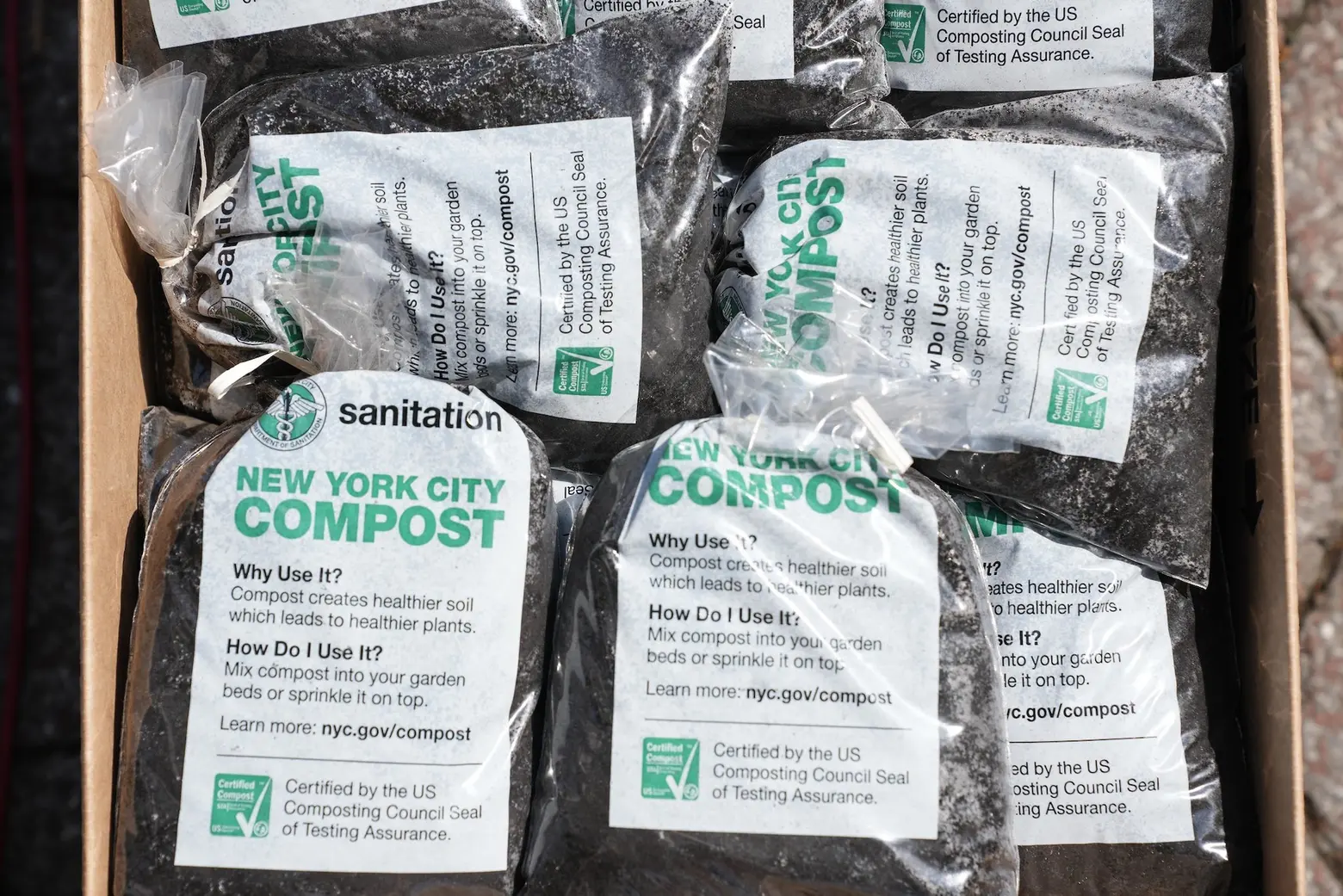 Photo courtesy of Michael Appleton/Mayoral Photography Office on Flickr
Photo courtesy of Michael Appleton/Mayoral Photography Office on Flickr
“Starting this fall, we’re bringing guaranteed, weekly curbside composting to the entire borough of Queens – taking action to keep our streets clean and simultaneously fight climate change,” Adams said. “This launch makes New York City home to the largest curbside composting program in the country and will help Queens residents easily get rid of yard waste, food scraps, and food-soiled paper products in an environmentally conscious way.
Through the new program, Queens residents have until October 1 to order a free compost bin which will be delivered to them by DSNY. The agency is also proactively sending bins to every building in Queens that has 10 or more units. Residents who don’t order a compost bin will be able to use any other bin they want, as long as it has to lid to keep rats and other pests out. The program is optional.
Leaves, yard waste, food waste, and food-soiled paper can go into collection bins, which will be picked up by DSNY once a week. Instead of decomposing in landfills, all of the collected waste will be composted and turned into soil or put towards the creation of renewable energy.
The mayor says the new program is more cost-effective than the city’s previous program, with per district collection costs for the new program standing at less than half of the cost of what they were in the past, according to DSNY Commissioner Jessica Tisch.
According to the New York Times, the city’s new plan reduces the cost per community district from $860,000 to an estimated $320,000. The total program cost is about $2 million, less than $1 per Queens resident.
In contrast to previous initiatives, there is no sign-up or opt-in required. Sanitation vehicles will stop at every residential building in the borough to pick up compost that has been put out in preparation for collection.
The Adams administration chose Queens to test out the program because of the borough’s abundance of street trees and yards. In fact, 41 percent of the city’s street trees are in Queens, Adams said during a press conference. This means that there is significantly more yard waste that needs to be collected.
“New Yorkers leave 24 million pounds of residential trash and recycling on the curbs every single day,” Tisch stated in a press conference. “That’s three pounds of trash for every New Yorker. One-third of that, or eight million pounds a day, is organic material.”
Queens’ diversity in its population, as well as its variety of housing types which includes apartment buildings, single-family homes, and public-housing facilities, will serve as a test for how the program can be adapted to be as equitable as possible.
Service for the program will be suspended in December due to a lower amount of yard waste produced during the winter season and will resume in March 2023.
The city suspended its previous composting program in 2020 due to financial issues related to the pandemic. When it returned in October 2021, the program was heavily scrutinized due to its “opt-in” process that only effectively served a small number of neighborhoods.
NYC lawmakers introduced a bill this March calling for the creation of a citywide mandatory compost program for all of the city’s residential buildings in 2023. The legislation is currently in committee.
RELATED:

